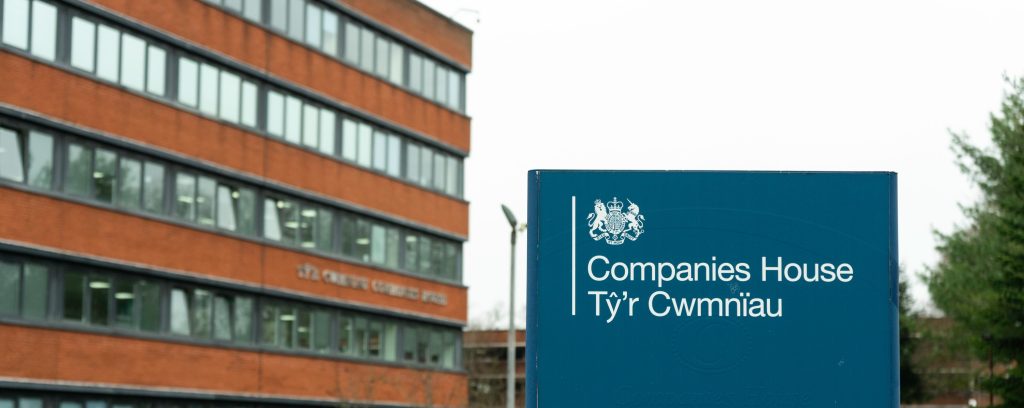
The Economic Crime and Corporate Transparency Act, which became law on 26 October 2023, has introduced significant changes to the way Companies House will operate, changing its role from a passive recipient of information to an active gatekeeper, charged with ensuring that information held on the register is valid and accurate.
Some changes are due to be implemented from 4 March 2024 but the majority of changes will not be implemented for at least a year because many of the provisions require secondary legislation and Companies House will need to increase its resources and establish new systems and processes.
The principal changes are set out below:
Identification Checks
Directors, persons with significant control and those filing returns on behalf of the company will all have to have their identities verified, either directly with Companies House or through an Authorised Corporate Services Provider. From the implementation date, which has not yet been announced:
- all directors of newly formed companies will have to have their identities verified before the company can be registered,
- New directors of existing companies will not be able to act as a director until their identity has been verified.
Existing directors will also need to have their identities verified over a staggered timeframe.
Filing information and documentation with Companies House
Following implementation, all filing with Companies House must be carried out by an authorised company official whose identity has been verified or by an Authorised Corporate Services Provider.
Directors and Members
Companies will no longer be permitted to have corporate shareholders unless all the directors of the corporate entity are natural persons whose identities have been verified. Companies will no longer be required to keep a register of directors as the record held by Companies House will be the sole verified listing of directors.
Companies must continue to maintain a register of members which must include full name and a service address. Up to date listings of members will be required to be sent to Companies House with the first Confirmation Statement following the implementation date.
Company Registered Address*
In future, following implementation, company registered addresses must be able to physically receive letters and documents with the expectation that they will come to the attention of an authorised person acting on behalf of the company. As a result, PO Box addresses will no longer be acceptable.
Companies must also register an e-mail address, although this will not be available for public view. New companies will have to provide this on formation. Existing companies will need to provide it on their next Confirmation Statement following implementation.
Confirmation Statements*
The person filing the Confirmation Statement will, following implementation, be required to declare that the company’s future activities will be for lawful purposes. A similar declaration will be required on formation of new companies.
Statutory Accounts
There will be a gradual transition, over a period of two to three years, requiring all statutory accounts to be filed using software. Companies House are currently working with software providers to facilitate the filing of more complex accounts.
There will also be changes to the contents of some accounts which must be filed with Companies House:
- Small companies and micro-entities will be required to file a profit and loss account
- Small companies will be required to file a directors report
- It will no longer be permitted to file abridged or filleted accounts
There will also be required changes to the contents of LLP accounts.
Companies House Role*
Companies House will have a statutory responsibility to monitor and check company information to ensure that it is valid and accurate with the objective of disrupting economic crime and preventing abuse of the register. This will include:
- Querying data and documentation which appear incorrect or inconsistent
- Checking company names which give a false or misleading impression
- Initiating enquiries which will require companies to respond to queries, with a failure to do so resulting in penalties
- Removing data which has been found to be inaccurate and annotating data against which a serious query has been raised.
- Sharing informing with other government agencies.
*Changes marked with an asterisk are expected to be implemented on or shortly after 4 March 2024. Other implementation dates have not yet been announced.
Get in touch or request a call back:
Call 0330 223 6400 or complete the form to make an enquiry or request a call back (* indicates a mandatory field).



